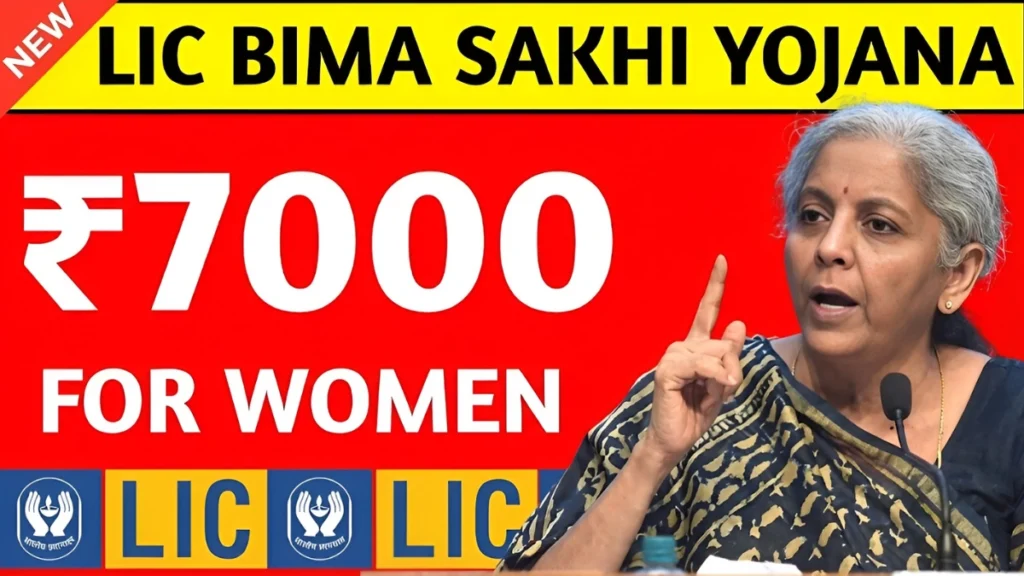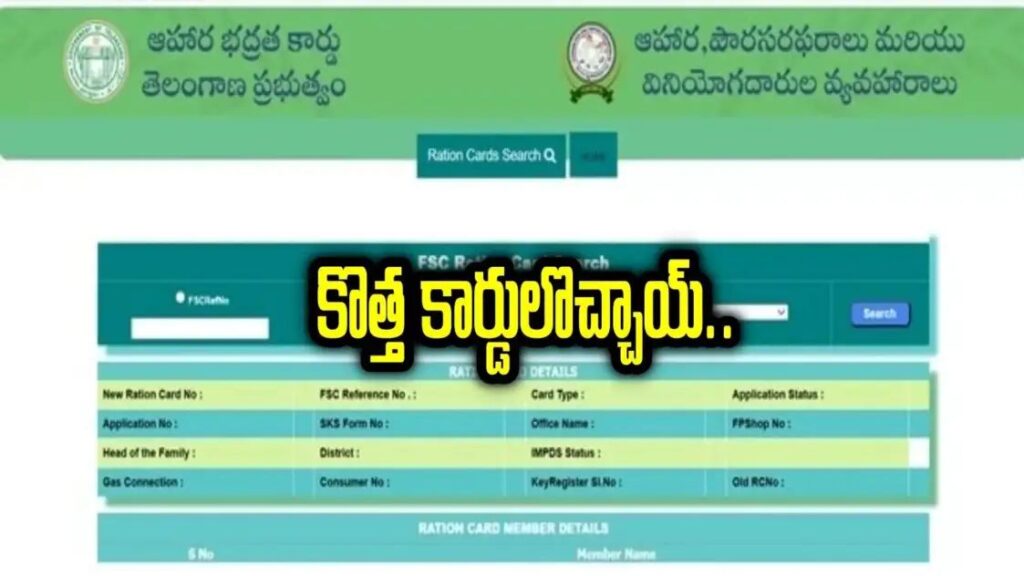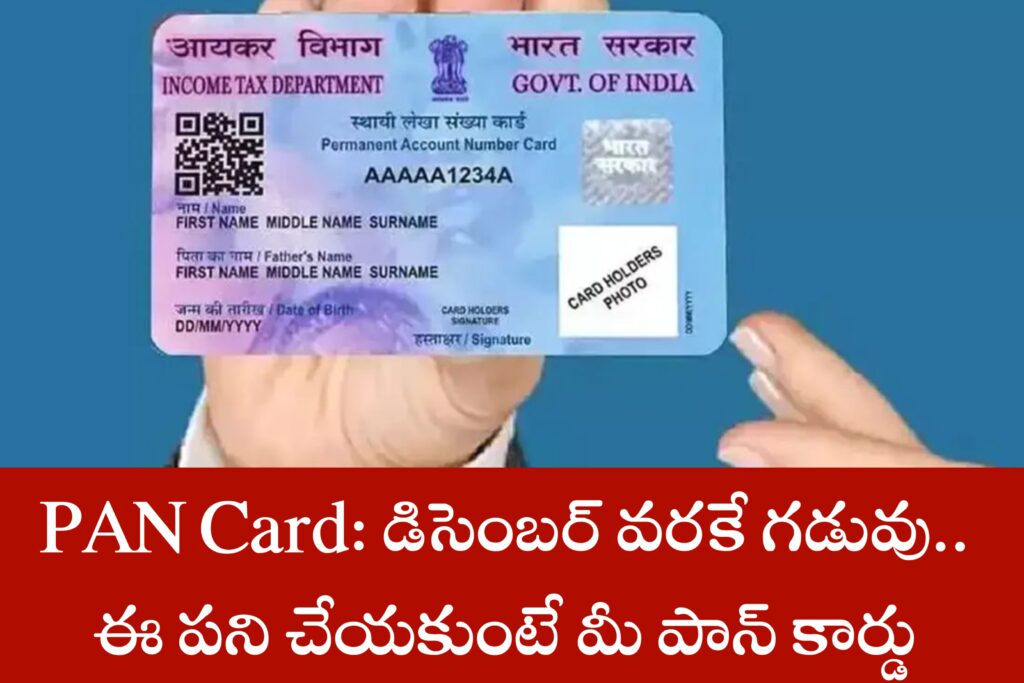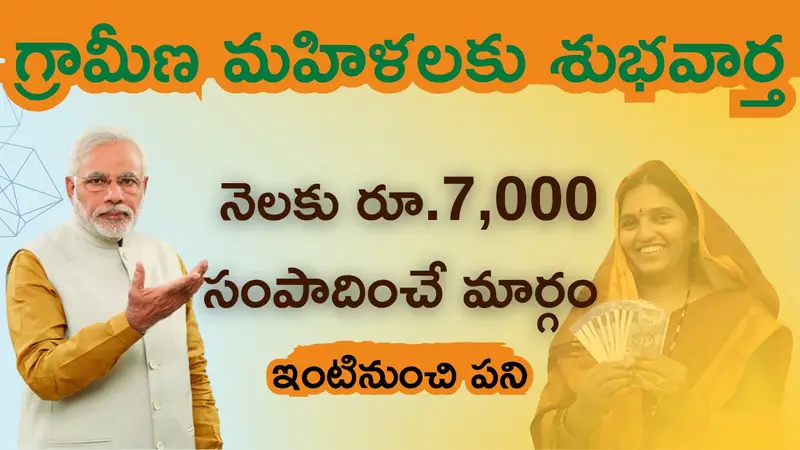Gruhajyothi Scheme Overview
Implementing Promises:
CM Revant Reddy Sarkar is eager to fulfill election promises, with the Mahalakshmi Scheme offering free RTC bus travel for women.
Rajiv Arogya Shri Scheme Expansion:
The Rajiv Arogya Shri Scheme is raising limits, providing 200 free housing units monthly through the home community scheme.
Electricity Distribution and Challenges
Current Connections:
With over 31.48 lakh domestic connections, the state earns around Rs 350 crore from bills, planning to offer up to 200 units and Rs 5 lakh for free.
Financial Implications:
To provide free electricity to 5 million houses, the government faces an annual cost of Rs 4,200 crores, prompting the need for careful financial planning.
Online Registration Portal:
The government plans a dedicated portal for online registration, ensuring consumers register for the benefit, requiring power connection details.
Future Decision on Free Units:
Considering the average usage, the government is deciding whether to provide 200 free units to all 5 million consumers, mirroring Karnataka’s approach.
Solar Power Integration and Cost Concerns
Solar Power Initiative:
The government aims to provide solar power to houses receiving free electricity, anticipating reduced electricity usage and lower costs for distribution.
Cost Calculation for Solar Units:
While a two-kilowatt solar power unit costs Rs 30 lakh, officials estimate a return to the government in around seven and a half years.
Financial Challenge:
Despite the long-term benefits, there is a pressing question about how the government will manage the substantial Rs 10,000 crore cost of establishing these solar units.







